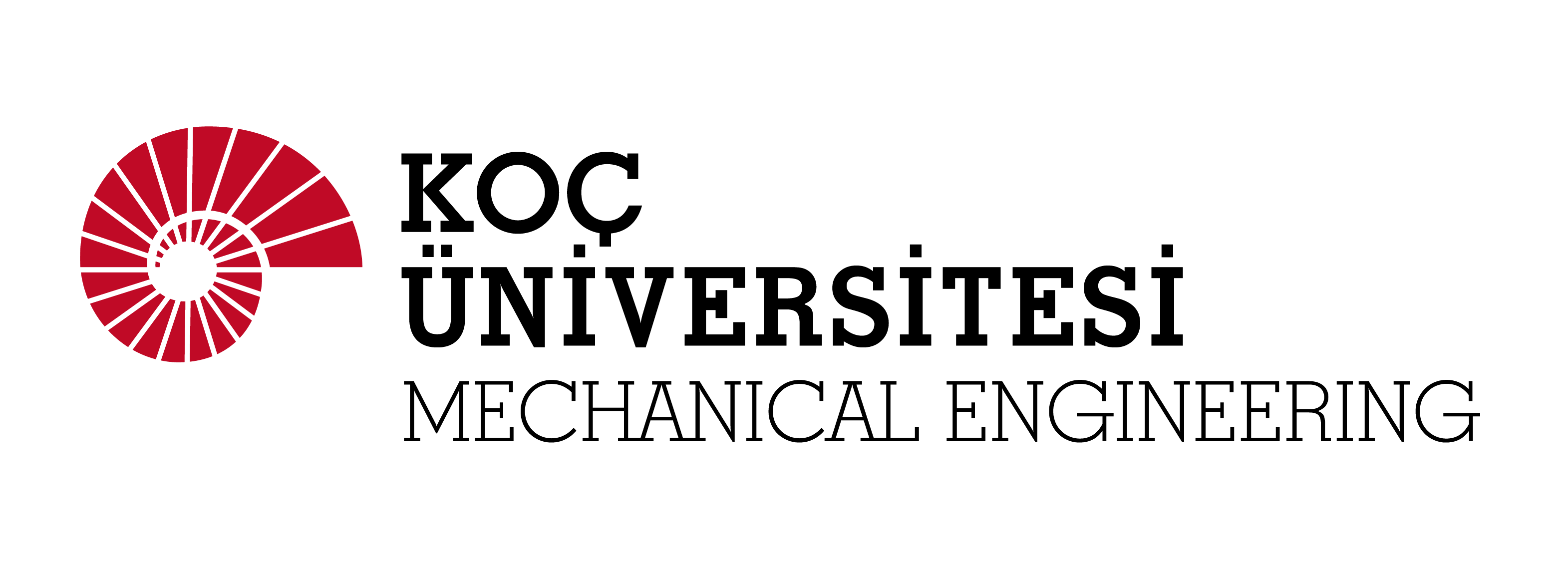MECHANICAL ENGINEERING MS THESIS DEFENSE BY BERKAY KULLUKÇU
Title: Flexible PVDF-TrFe Piezoelectric Energy Harvesters for Structural Health Monitoring Applications in Wind Turbines
Speaker: Berkay Kullukçu
Time: September 15th, 2022, 16.00
Thesis Committee Members:
Asst. Prof. Dr. Levent Beker (Advisor, Koç University)
Prof. Dr. Erdem Alaca (Koç University)
Assoc. Prof. Güllü Kızıltaş Şendur (Sabancı University)
Abstract:
The field of microelectronics has made tremendous advancements, resulting in the emergence of various electronic devices that have become commonplace in daily life. The continual advancement of energy harvesting technologies has reduced these devices’ cost, size, weight, and power needs therefore, the formation of distributed environments, has been made feasible as a consequence of this. The existing energy storage capacity continues to be the major factor in determining the size, mass, and cost of modern electronic equipment. This is because the rate of technical advancement is substantially slower than in the past. Batteries typically lead people to be worried about the influence that their disposal has on the environment as well as the feasibility of replacing them in systems. Because of this difficulty, there was a substantial growth in interest in the solutions of energy harvesting, which are predicted to address the challenges that are brought on by the energy sources utilized in electronic devices. This thesis introduces a flexible piezoelectric energy harvester that could be used for monitoring structural health.
Recent energy costs and efforts to reduce emissions necessitate advancements in renewable energy technology. Due to the inability to use sensors in harsh environments, modern wind turbine instrumentation is expensive and frequently employs indirect measuring techniques. Health monitoring technologies for the establishment of a distributed sensor network can be used to increase productivity and reduce emissions while ensuring safety. The most recent SHM systems have low-power sensors and wireless communication components, both of which can be powered by the outputs of energy harvesters. It is possible to obtain energy from the environment around autonomous sensor systems, which can then be used to power the systems.
In the thesis, a flexible piezoelectric wind energy harvester will be presented. The piezoelectric sensor layer was constructed with polyvinylidene fluoride- trifluoroethylene (PVDF-TrFE). Fabrication, characterization, and modeling of piezoelectric energy harvesters (PEHs) will be discussed. Two different piezoelectric energy harvesting devices were
designed and compared. The output voltage and current characteristics were analyzed in a wind test apparatus. The electrical, mechanical, and chemical properties of the PVDF-TrFE material were examined. The harvester’s output power and current values were sufficient to power a MEMS pressure sensor with a maximum of 291.34 μA for current and 937.01 mV for voltage under wind pressure, resulting in a power value of 272.99 μW.
